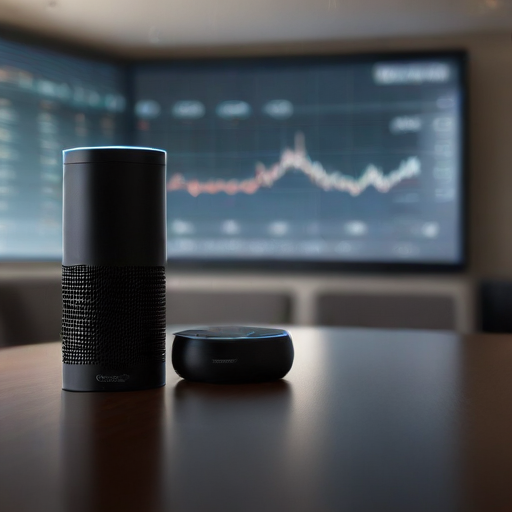Amazon’s ambition to monetize its Alexa-enabled devices has reportedly not yielded the anticipated returns, resulting in substantial financial losses for the tech giant.
According to insights from the Wall Street Journal, Amazon confronted a staggering loss exceeding $25 billion from 2017 to 2021 regarding its Echo, Kindle, and various other devices. Despite boasting hundreds of millions of customers using these devices, data indicates that Alexa-enabled Echo speakers are predominantly utilized for simpler tasks such as setting alarms or utilizing free applications rather than facilitating purchases on Amazon.
One former senior employee expressed concern about the direction, stating, “We worried we’ve hired 10,000 people and we’ve built a smart timer.” In response to these challenges, Amazon’s CEO Andy Jassy is reportedly exploring solutions, including the rollout of a paid subscription tier for their voice assistant. Nevertheless, some engineers involved in the development of this paid version have expressed skepticism regarding its potential effectiveness.
An Amazon spokesperson conveyed a message emphasizing that the company prioritizes the value created through customer interactions, not solely through device sales. While there have been profitable ventures within its Devices & Services organization, the spokesperson reassured that the division remains well-positioned for future endeavors.
Additionally, it appears that Amazon’s latest AI-powered version of Alexa, unveiled in a September demo, may not be ready for deployment, per the claims from former employees. Reports suggest the company is lacking sufficient data and access to crucial chips necessary for operating the large language model underpinning this upgraded assistant. Furthermore, Amazon is said to be shifting its focus toward enhancing generative AI within its cloud computing segment, Amazon Web Services.
In rebuttal, Amazon disputes these accounts, asserting that former employees are misinformed about the current status of their Alexa AI initiatives. The company insists that its Amazon Artificial General Intelligence team has access to both its own Trainium chips and Nvidia graphics processing units (GPUs), reinforcing its commitment to creating “the world’s best personal assistant.”
While Amazon confronts significant challenges with its Alexa initiatives, the company’s pivot toward generative AI reflects a strategic reevaluation of its resources and goals. Should these changes bear fruit, there is hope that Amazon can re-establish itself as a leader in the AI-powered voice assistant landscape, ultimately enhancing user experiences and generating future revenue.
